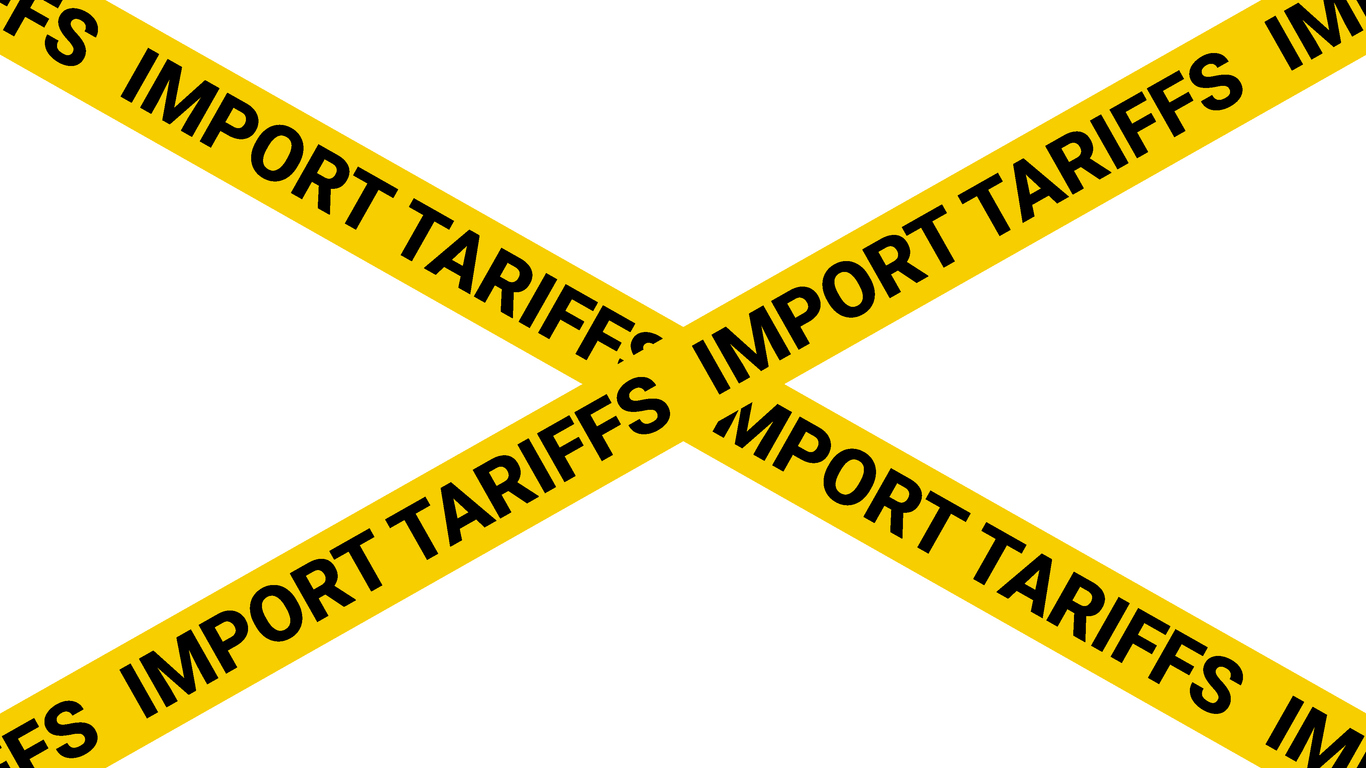A Complete Guide to Tax Registration for Companies in Nigeria (TIN, VAT & Compliance)
Setting up a business in Nigeria’s fast-growing market offers strong opportunities—especially in import/export, FMCG distribution, and wholesale trading. But before any company can legally operate, open a corporate bank account, or trade across borders, tax registration is mandatory.
This guide breaks down everything companies need to know about tax registration in Nigeria, the agencies involved, timelines, common challenges, and how Wigmore Trading can assist businesses navigating compliance smoothly.
What Is Tax Registration for Companies in Nigeria?
Tax registration is the process of officially registering a business with Nigeria’s tax authorities so it can obtain a Tax Identification Number (TIN) and fulfil ongoing obligations like VAT, CIT (Company Income Tax), and other statutory payments.
Every company—local or foreign—must complete tax registration before transacting legally in Nigeria. This includes:
-
Import/export companies
-
Manufacturing firms
-
Logistics and distribution businesses
-
FMCG wholesalers
-
E-commerce and service providers
Failure to register can result in penalties, frozen accounts, and delays in clearing goods at ports.
Why Tax Registration Matters for Trading & Import/Export Companies
1. Customs Clearance Requires a Valid TIN
Businesses importing goods through customs must present a TIN before shipments can be cleared.
2. VAT Compliance for Sales & Services
Companies selling goods or providing services must charge and remit VAT.
3. Corporate Banking Requirements
Banks require your TIN before opening a corporate account—essential for international transfers and supplier payments.
4. Regulatory Compliance
Tax registration is one of the first checks by government agencies such as SON, NAFDAC, FCCPC, and the Nigeria Export Promotion Council.
If your business relies on high-volume transactions or cross-border trade, early registration eliminates costly delays.
How Tax Registration Works in Nigeria
1. Register Your Company with CAC
Before tax registration, the business must be incorporated with the Corporate Affairs Commission (CAC).
You will receive your CAC certificate and company details required for the next step.
2. Obtain Your TIN (Tax Identification Number)
Companies register with the Federal Inland Revenue Service (FIRS) for a TIN.
Required documents typically include:
-
CAC Certificate of Incorporation
-
Form CAC2 & CAC7 (or updated status report)
-
Company’s registered address
-
Directors’ information
-
Business nature and activities
Once processed, FIRS issues your TIN—your official tax identity across Nigeria.
3. Register for VAT (Value Added Tax)
Most trading and distribution companies must register for VAT.
After registration, businesses must:
-
Charge 7.5% VAT on goods and services
-
File monthly VAT returns
-
Remit VAT to FIRS
VAT compliance is especially important for companies working with retailers, wholesalers, and government agencies.
4. Register for Company Income Tax (CIT)
All Nigerian companies must file CIT annually, usually at 30% of profits (small-business exemptions may apply).
This includes companies importing or exporting goods, operating warehouses, or supplying FMCG products.
5. Additional Tax Obligations
Depending on your industry, you may also need to register for:
-
Withholding Tax (WHT)
-
Tertiary Education Tax (TET)
-
PAYE (Pay-As-You-Earn) for employees
-
Export expansion incentives (when applicable)
Businesses engaged in large-scale trade should have clear systems in place to manage these obligations.
Common Challenges Companies Face During Tax Registration
Delays due to incomplete documentation
Missing CAC forms or incorrect director details can slow down processing.
Incorrect classification of business activities
Leads to compliance issues later, especially for manufacturing and distribution companies.
Lack of clarity around VAT filing obligations
Many new import/export businesses fail to submit monthly VAT returns properly.
Navigating federal vs state tax obligations
Companies sometimes confuse FIRS (federal) with state internal revenue services, creating compliance gaps.
How Wigmore Trading Helps Companies with Tax & Regulatory Compliance
Wigmore Trading works with importers, exporters, wholesalers, and international companies entering the Nigerian market. Our team assists businesses by:
Ensuring correct documentation for tax registration
We help companies prepare complete CAC and supporting documents to avoid delays.
Supporting VAT & customs compliance
For businesses moving goods across borders, proper VAT classification and customs documentation are essential—Wigmore Trading can help.
Assisting foreign companies expanding into Nigeria
If you’re establishing a Nigerian entity for distribution or sourcing, we guide you through every compliance requirement.
Offering end-to-end import/export support
From sourcing to logistics, warehousing, and customs clearance, our services are designed to simplify your operations.
Whether you’re setting up a new business or expanding supply chain operations, Wigmore Trading can streamline the process.
Conclusion
Tax registration is essential for any company operating in Nigeria, especially those involved in import/export, wholesale distribution, and logistics. Understanding FIRS requirements, VAT compliance, and documentation ensures smoother business operations and uninterrupted trading activities.
If you need support with registering your business or navigating customs and supply chain compliance, Wigmore Trading can help.
Contact Wigmore Trading today to streamline your sourcing and operations.








Comments are closed.